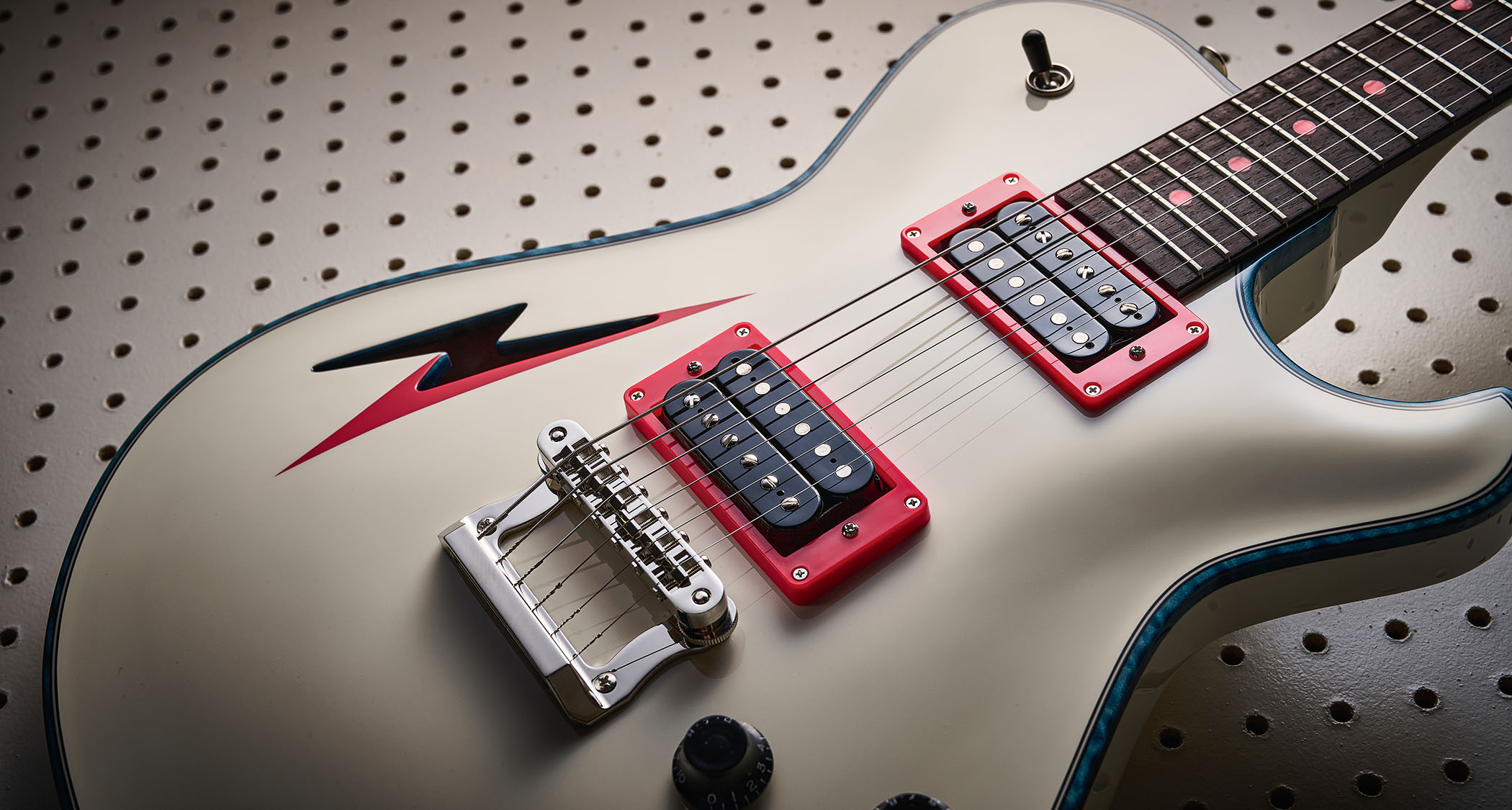“The brains of older musicians stay finely tuned thanks to years of training”: Scientists say long-term musical training helps stop age-related decline – so keep on playing your guitar
A newly published study finds that playing an instrument pays off in later years

A newly published study has found that playing the guitar – or any instrument for that matter – can protect the brain from ageing.
We have long suspected that guitar players are immature for our age. Now here comes the scientific proof. This study finds that, when it comes to our gray matter, playing an instrument keeps our brains fresh, giving us “additional neural resources” when we reach our golden years.
Published in PLOS Biology, and undertaken by researchers at the Chinese Academy of Sciences in Beijing and Canada's Baycrest Academy for Research and Education, found that senior musicians had extra processing power between the ears that helped their brains pick out speech in noisy environments – a key indicator of youthful brain functionality.
The paper's authors took a sample of 25 older adults with no musical training, 25 with a lifetime of musical training, and 24 young non-musicians, tasked them with identifying syllables amid background noise, and measured their brain activity via functional MRI.
Those brain scans had some encouraging results for older musicians; their neural activity while conducting these “speech-in-noise” tasks was a predictor of “better behavioral performance”.
All those years spent learning Classical Gas, jamming Free Bird at the weekend, they might well pay off, giving musicians a “cognitive reserve” to draw upon in their golden years. Just think how much cognitive reserve Satch and Vai will have built up. Or how much Spiro Dussias will have when it is time to collect his pension check.
Speaking to the Independent, the research paper’s co-author Dr Yi Du said that all those years of playing effectively tunes musicians’ brains.
All the latest guitar news, interviews, lessons, reviews, deals and more, direct to your inbox!
Our study shows that this musical experience builds cognitive reserve, helping their brains avoid the usual age-related overexertion
“Just like a well-tuned instrument doesn’t need to be played louder to be heard, the brains of older musicians stay finely tuned thanks to years of training,” she said. “Our study shows that this musical experience builds cognitive reserve, helping their brains avoid the usual age-related overexertion when trying to understand speech in noisy places.”
Now, all of this is very encouraging, but we should caveat this; you have to look after your hearing in the first place, and musicians are notoriously bad at this.
It’s no use having cognitive reserve if you’ve left your vestibulocochlear nerve unprotected from 100-watt Marshall amps at full-bore and the assaultive sounds of recreational metal guitar. Get a good set of earplugs and use them. Your ears will thank you later.
And keep on playing the guitar; maybe your brain will thank you, too. As the scientists say, it is playing an instrument a “positive life choice”.
Jonathan Horsley has been writing about guitars since 2005, playing them since 1990, and regularly contributes to publications including Guitar World, MusicRadar and Total Guitar. He uses Jazz III nylon picks, 10s during the week, 9s at the weekend, and shamefully still struggles with rhythm figure one of Van Halen’s Panama.
You must confirm your public display name before commenting
Please logout and then login again, you will then be prompted to enter your display name.


